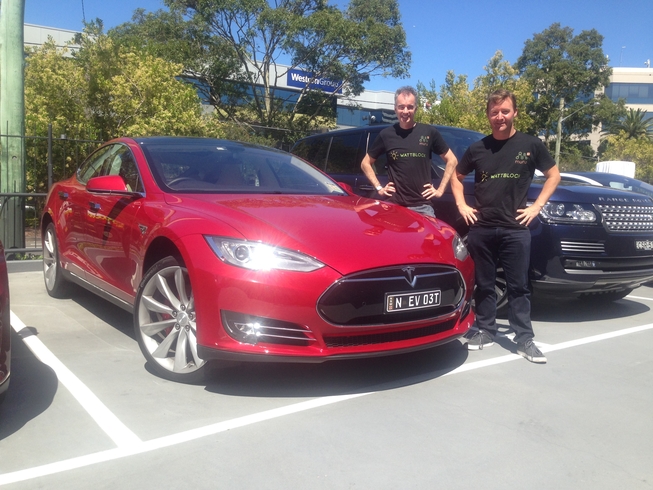
Op-ed: The importance of communications and hospitality technology
Infor Asia Pacific VP of hospitality, Eric Wong on why you need to keep guests connected
The best way to operate in an efficient and effective manner in any industry is by promoting frictionless, continuous experiences.
In the hospitality industry and its investments in innovative technology, this is a key priority – to create a unified platform across all locations and using that as a basis for a better guest experience, among other things.
Carrying out that vision is not strictly about technology investment as an end. It’s always about the enablement of human capabilities in a current paradigm.
As technology emerges and legacy solutions reach the end of their life, it’s great communications – between guests and employees, and between location staff as a unified team – that should be a focus to foster great experiences and empower the great work that is necessary to ensure them.
What are some of the ways this plays out? Here are a few examples.
Keep guests connected all along their journey
The impact of mobile technology and online interaction with all kinds of information, including booking hotel rooms and ordering food via apps, is almost immeasurable. That movement has been significant in shaping our perceptions and our expectations for many years.
By now, we expect to know what’s happening at any given moment, using our mobile devices as key vehicles to enable our ability to be connected.
What this means for hospitality organisations in terms of the guest experience is a mandate to promote greater personalisation, greater control over processes, and a consistency of experience at every part of the journey.
To enable that, UI environments designed for mobile access should be clean, clear, and intuitive. It should provide accessible options for upgrades, add-ons, and other services from the start and throughout.
Effective communications with guests may include SMS messages and push notifications.
In all channels, keeping communications clear and current throughout, from booking to check-out, is one of the key ways that guests will judge their experiences and share them with others. This has major ramifications for hospitality brands.
Keep employees connected to the information they need
Emphasising great communications and having systems and functionality in place to foster them allows location staff to help keep guests in the loop, and – very importantly – more responsive to guests needs as they come up. Location employees are the key deliverers of that experience, with the help of intuitive and integrated technology. Any systems in place should enable accessibility to the information they need in real time. This promotes a few game-changing benefits.
For one, when employees are connected via great communications, they can solve problems faster, or see ways to avoid them entirely in a more agile way. For another, employees in locations can more easily prioritise their tasks, and gain vital visibility on requests, maintenance and incidents, and housekeeping schedules.
That means better services and better experiences for everyone with less uncertainty and stress. What it also means is that it’s easier for employees to feel empowered. It’s easier for them to do great work. In a time when talent retention is an immediate concern, this sense of empowerment is essential.
Creating clarity for everyone
Ensuring clarity is a vital concept for hospitality organisations to embrace. This is particularly true when it comes to accessible, timely, and consistent lines of communication as supported by technology.
When everyone – guests and employees alike – can access the information, they need to make good decisions and take action, that removes the friction and stress that a lack of control can cause.
Building human enablement into a vision for a transformed and unified technology platform is an essential building block to be adaptive and successful as the hospitality industry continues to grow into a new era.
How technology and culture converge
All of this connects with the interdependent relationship between cultural trends and movements, and the development of emerging technology to serve them. This isn’t a one-way street, of course. Technology has its own impact on how cultural expectations evolve in all kinds of areas.
Infor Asia Pacific Vice-President of Hospitality, Eric Wong has more than 20 years of experience in the business consulting, hospitality and business software industries in Asia and North America. He joined Infor in 2014 from AJB Software Design, Inc. where he served as Director of Mobile Strategy. He also served previously as Managing Director, Asia Pacific at Agilysys, a hospitality solutions company from 2007-2012. Mr. Wong received a Bachelor of Commerce (Honours) from Queen’s University, Canada and received his Chartered Accountant designation from the Canadian Institute of Chartered Accountants.

AccomNews is not affiliated with any government agency, body or political party. We are an independently owned, family-operated magazine.







